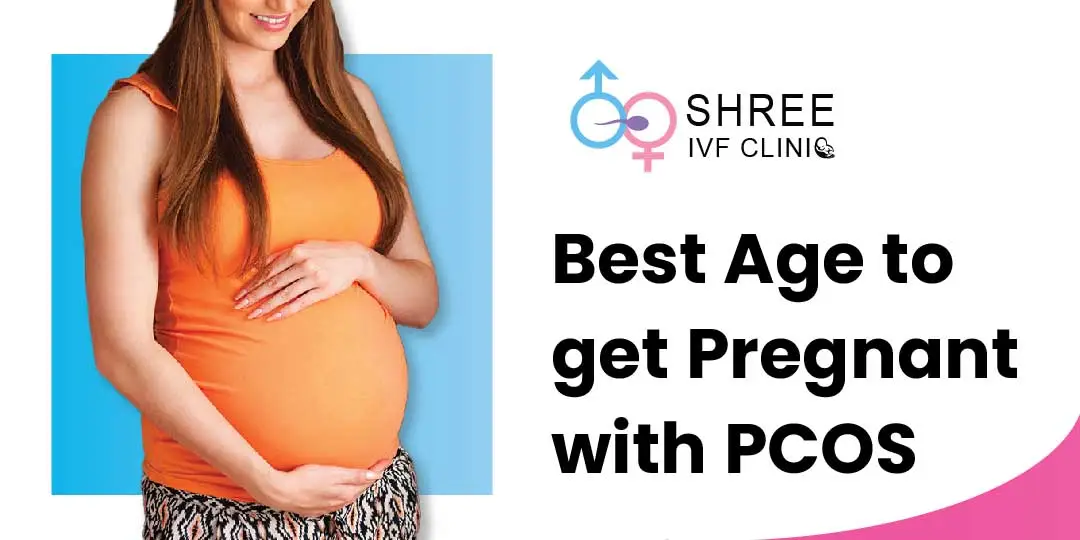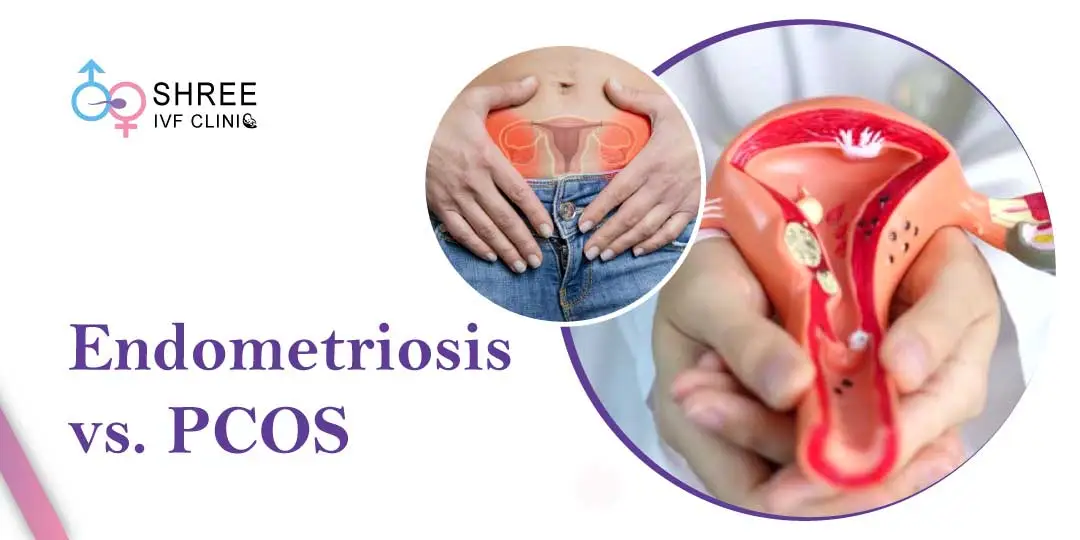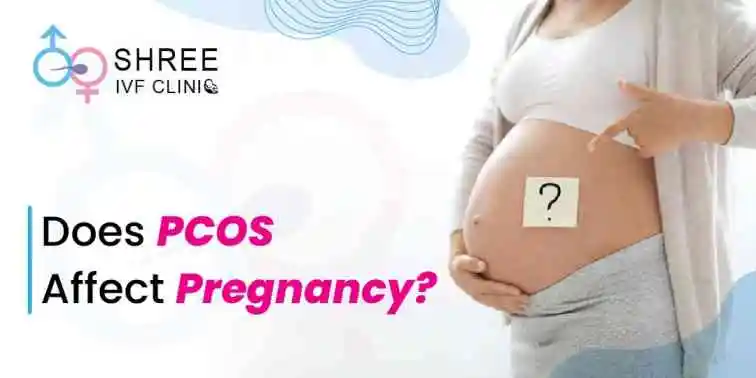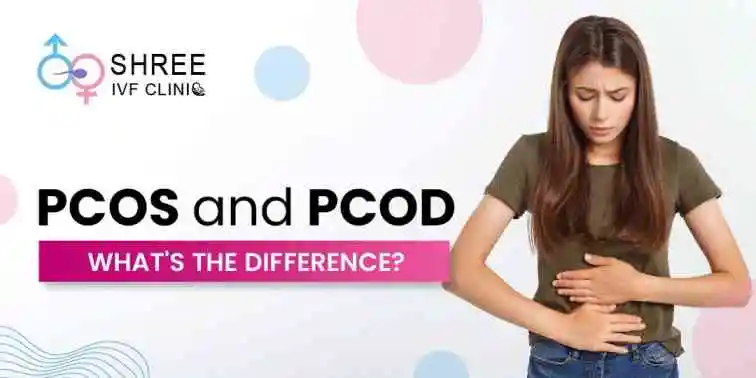Best Age to Get Pregnant With PCOS
UPDATED ON 8 NOV. 2022

AUTHOR
Dr Jay Mehta
Scientific Director & IVF Specialist with 10+ years of experience
TREATMENT
CONDITION
GET IN TOUCH ON
How long it will take to conceive is a common concern among women with the polycystic ovarian syndrome (PCOS). This is a challenging question because there are a lot of different factors to consider and very few guarantees.
You and your partner’s age and overall health are only two variables that might affect your chances of becoming pregnant. When you have PCOS, the degree to which you are able to control your disease might also have a significant impact.
When Should I try for a Baby with PCOS?
Although PCOS greatly increases the likelihood of a woman experiencing infertility and other complications when attempting to conceive, it is not biologically impossible for a woman with PCOS to have a child.
Experts agree that early diagnosis and treatment are still the most effective methods for addressing infertility concerns but that difficulties associated with undiagnosed or unmanaged PCOS become more challenging when a woman reaches age 30 (after fertility levels begin to fall).
Beyond the age of 32, fertility begins to fall, and after age 37, it drops down far more quickly.
Therefore, physicians advise women with PCOS who have difficulty conceiving naturally should attempt to conceive as often as possible. Women with PCOS still have the best chances of conceiving naturally before age 35, given that ovulation occurs regularly and neither partner has any preconditions.
Also Read : What Happens in PCOD?
Can I become a Mother if I have PCOS?
PCOS may make it more challenging for women seeking to conceive to schedule sexual activity with the ovulation days of their menstruation. If ovulation only happens once every several months, becoming pregnant might take much longer.
Fertility treatments are more common among those who have PCOS and among those who do not have PCOS. However, studies suggest that persons with and without PCOS have a comparable total lifetime pregnancy and childbearing rate. Pregnancies and live births are possible for most persons with PCOS attempting to conceive without fertility therapy.
Does having a Baby stop PCOS?
Regrettably, that is not the case. However, many women report improvements and more regular menstrual cycles following pregnancy, and others report that their PCOS symptoms completely vanished during pregnancy.
Does PCOS increase the chance of Twins?
Multiple births may be more common among PCOS women (twins or more). Compared to the 1.1% prevalence of multiple pregnancies in the general population, the 9.1% rate seen in women with PCOS was reported in a single research. This is probable, at least partly, because PCOS women may require ovulation induction medications to conceive, which raises the probability of having more than one child.
Preterm delivery is more common in women with polycystic ovary syndrome (PCOS) and women expecting twins. Thus, most obstetricians will make sure these patients are monitored closely.

4,790+
379K+
” Every individual and couple’s journey is unique, and
finding the right solutions tailored to their specific
circumstances can make all the difference “
Age-wise distribution of women with PCOS
There is around a 25% probability of conception in the first month of attempting for women under 35 and a roughly 85% likelihood in the first year.
Men and women of a certain age tend to reproduce more naturally. Due to a fall in both egg count and egg quality, fertility decreases with age.
Researchers have shown that the probability of a woman conceiving decreases by roughly 50% between the ages of 35 and 39 compared to the ages of 19 and 26.
Key Takeaway
The possibility of pregnancy is not affected by polycystic ovary syndrome. Your PCOS symptoms may be managed with dietary and hormonal interventions to achieve and maintain a healthy weight and blood sugar balance. Pregnancy may be achieved in certain circumstances with fertility drugs alone. You could require in vitro fertilization if it doesn’t work.
AUTHOR
Dr Jay Mehta
Scientific Director & IVF Specialist with 10+ years of experience
CONDITION
CALL US 24/7 FOR ANY HELP
GET IN TOUCH ON
Share Article on
Recommended Reading
Endometriosis vs. PCOS: What’s the Difference?
PCOS causes irregular or absent periods due to a hormone imbalance and high insulin/male hormones, while endometriosis causes painful periods without hormone imbalance
Does Polycystic ovarian syndrome (PCOS) Affect Pregnancy?
Yes. PCOS impact on your pregnancy. Keep reading to find out how PCOS can impact your chances of getting pregnant.
PCOS and PCOD – What’s the Difference?
PCOS is caused by an imbalance of hormones whereas PCOD is caused by an overproduction of testosterone.




